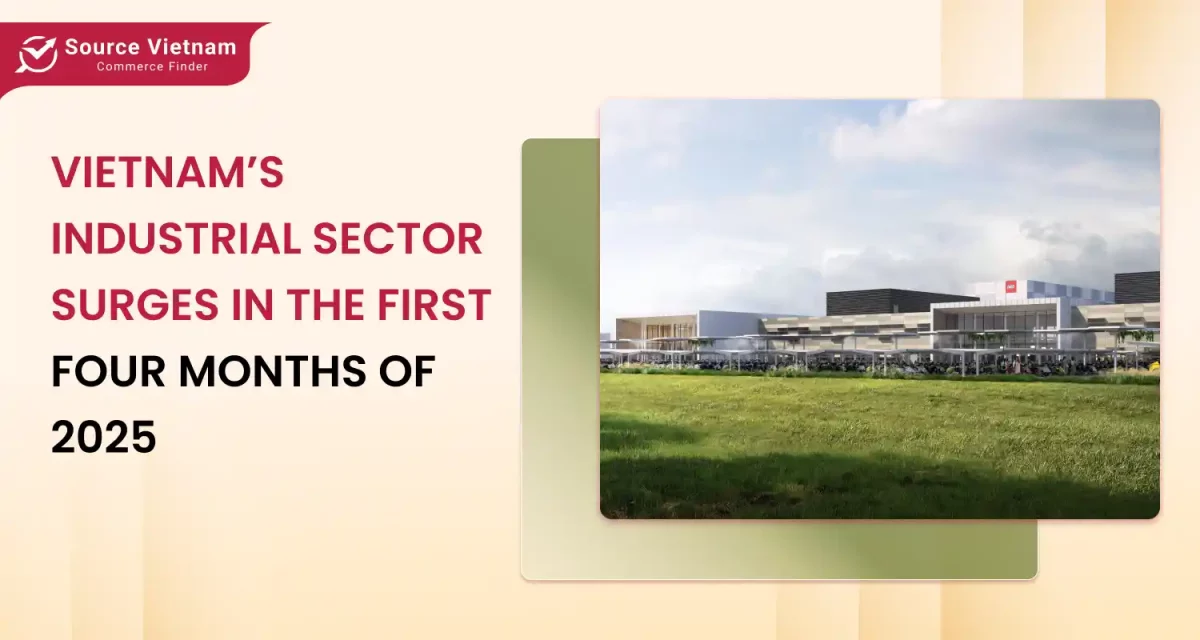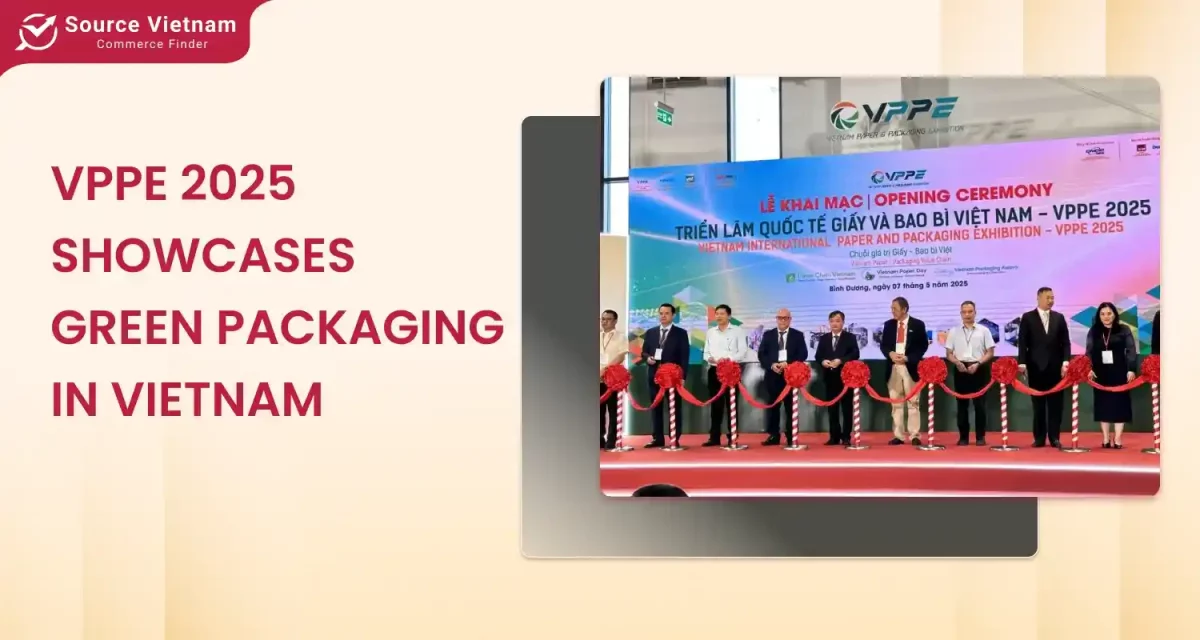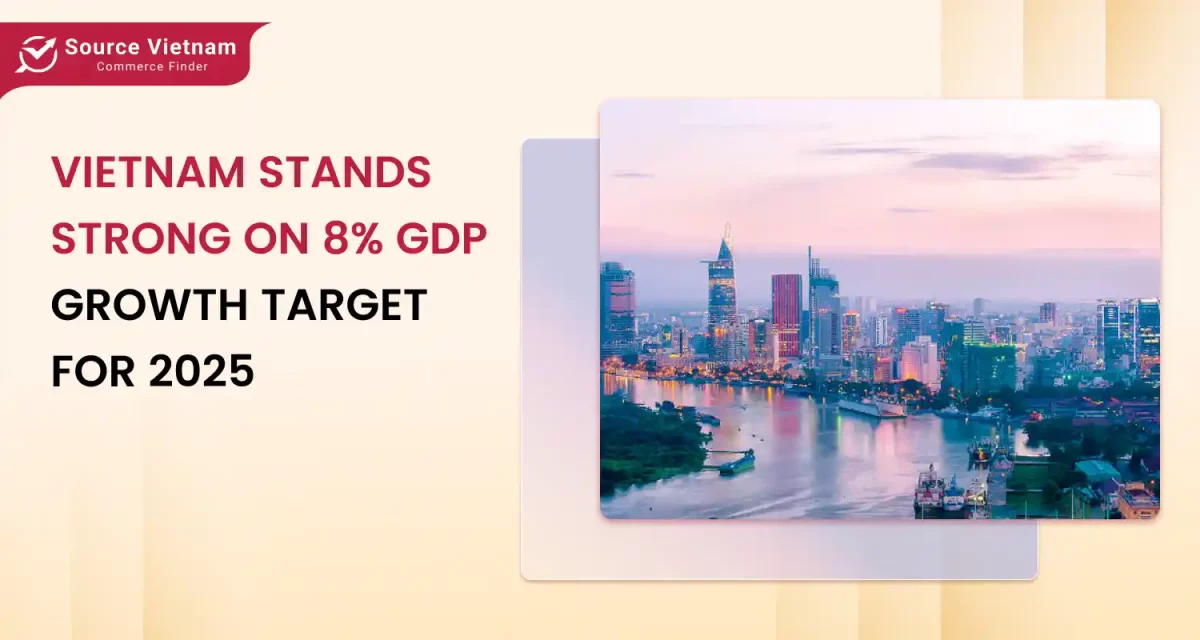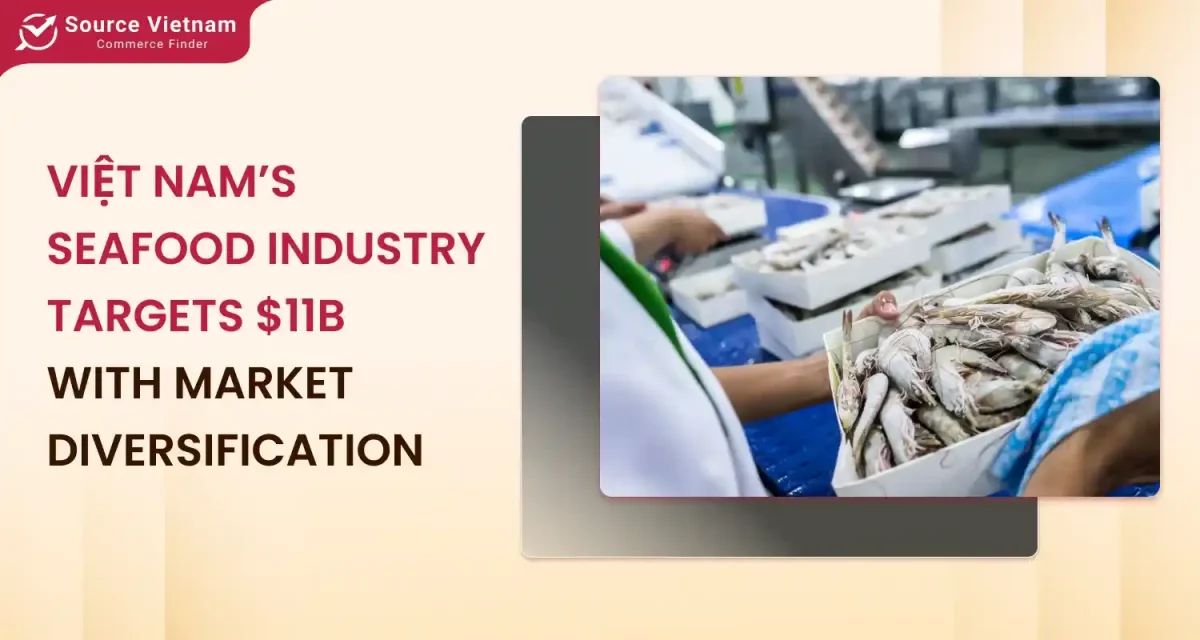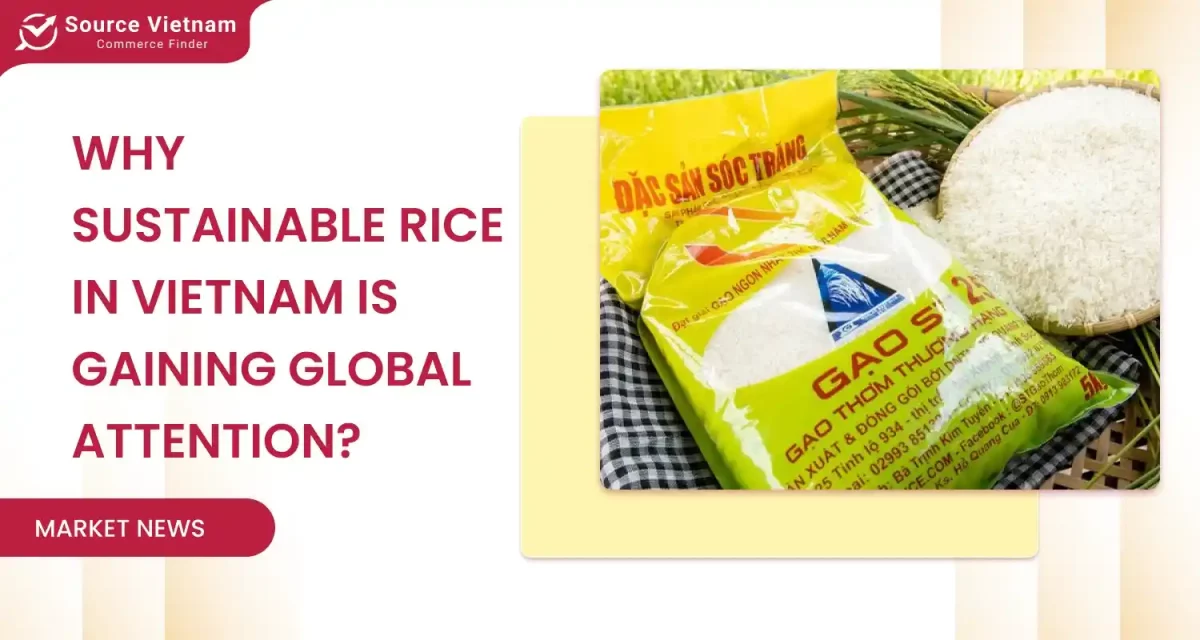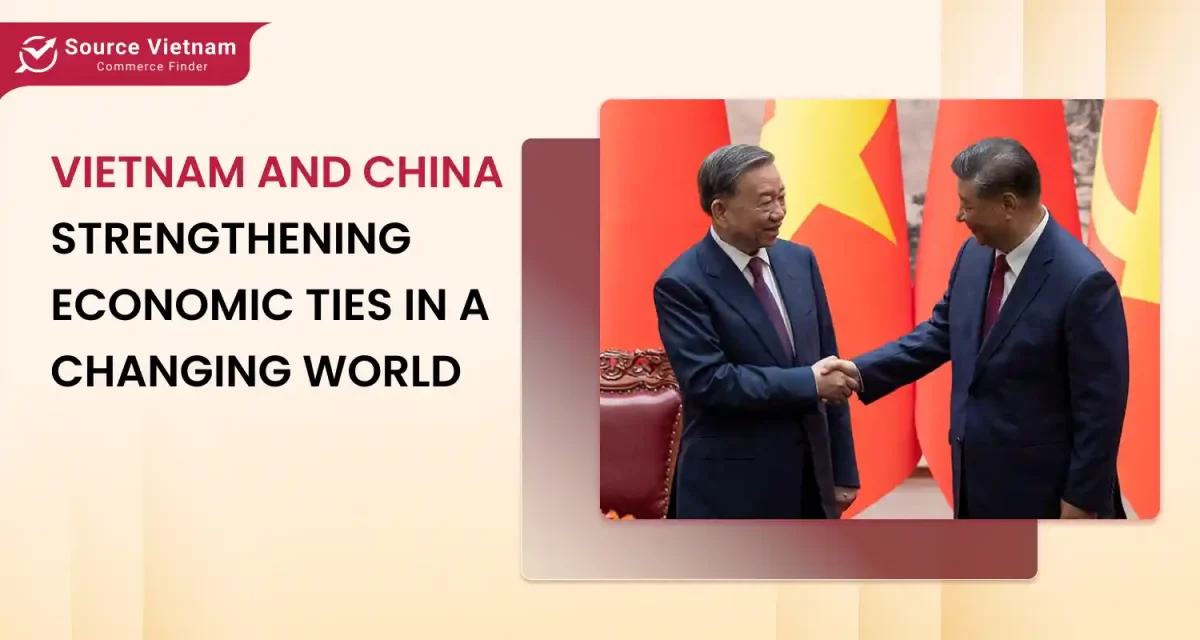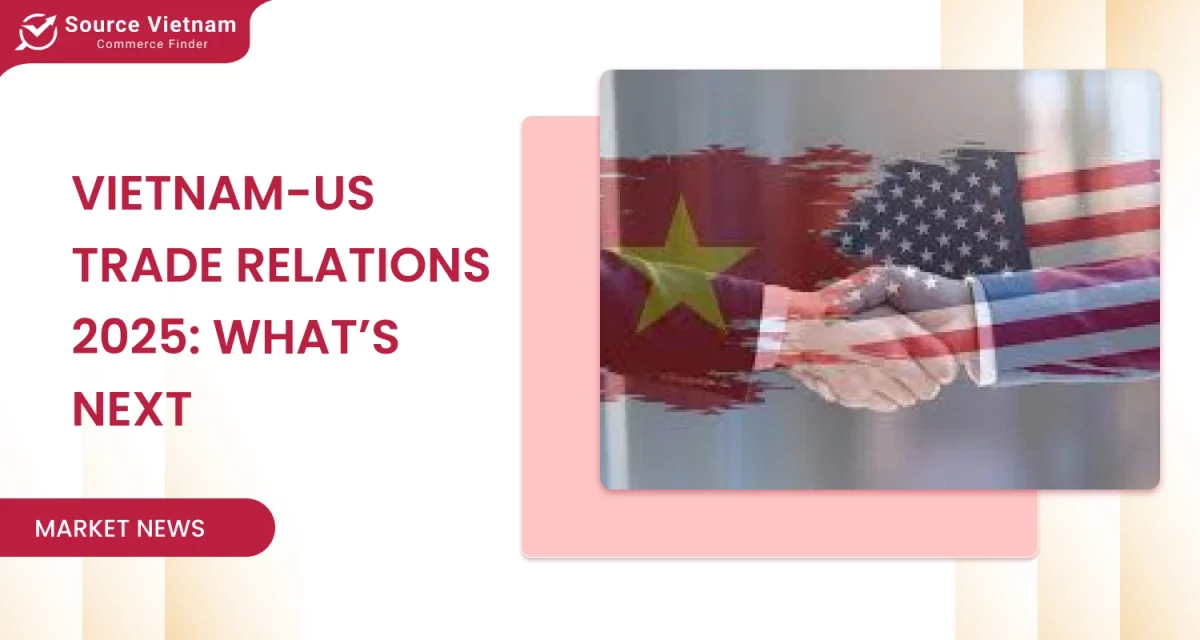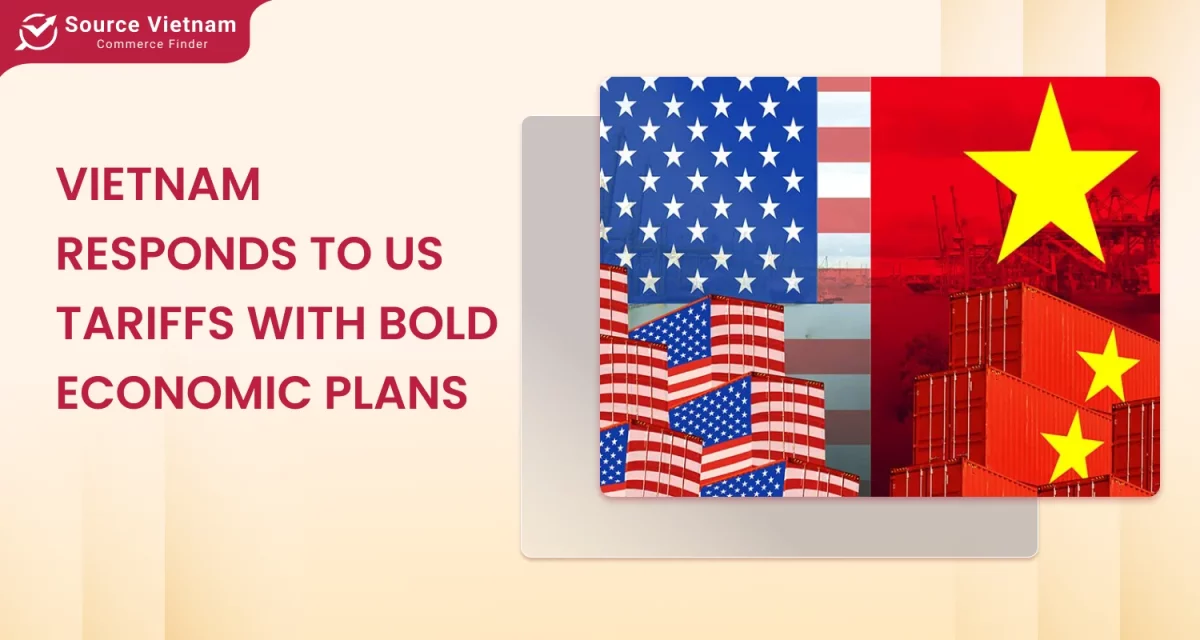Insight:
- Africa and Vietnam have a good agricultural cooperation relationship aiming for the common development of the two countries.
- Africa is one of the continents with close ties and cooperation with Vietnam in the agricultural field, especially rice production.
Vietnam and Africa share a special and friendly ooperative relationship in the field of agriculture. Given Africa’s need for efficient supply and Vietnam’s expertise in agriculture, this partnership promises to be mutually beneficial.
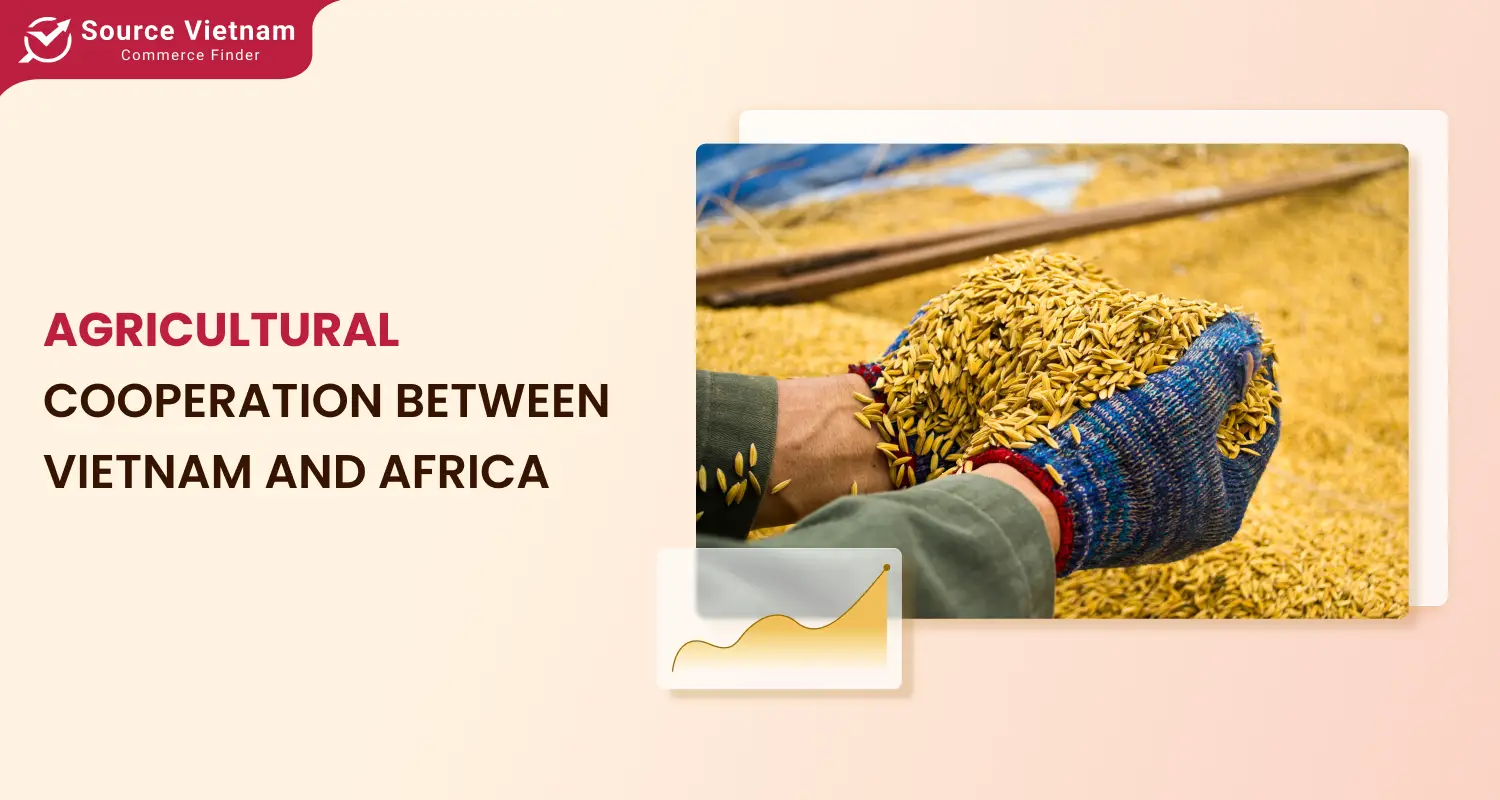
Vietnam has firmly established itself as a global powerhouse in rice production and exportation. Renowned for its high-quality, fragrant rice varieties, the country has consistently ranked among the top rice exporters worldwide.
This dominance is attributed to factors such as favorable climatic conditions, advanced agricultural techniques, and government support for the rice industry.
In recent years, Vietnam has diversified its agricultural exports beyond rice, demonstrating its growing influence on the international market.
The country has successfully cultivated and exported other agricultural commodities, including coffee, rubber, and fruits and vegetables. This expansion reflects Vietnam’s commitment to sustainable agricultural practices and its ability to adapt to changing market demands.
The agricultural landscape of Africa
Africa possesses an extensive agricultural landmass, spanning 1.12 billion hectares (comprising 40% of the continent’s total land area and 24% of the world’s agricultural land). Many regions boast climates and soils well-suited for agriculture.
Moreover, agriculture contributes more than 35% to Africa’s GDP, employing approximately 50% of the working-age population, double the global average and surpassing other regional countries.
Several African nations have strategically prioritized agriculture as a cornerstone of their economic development plans.
Recognizing the sector’s potential to address pressing issues like poverty, hunger, and unemployment, these countries have implemented comprehensive policies aimed at boosting agricultural productivity and ensuring food security.
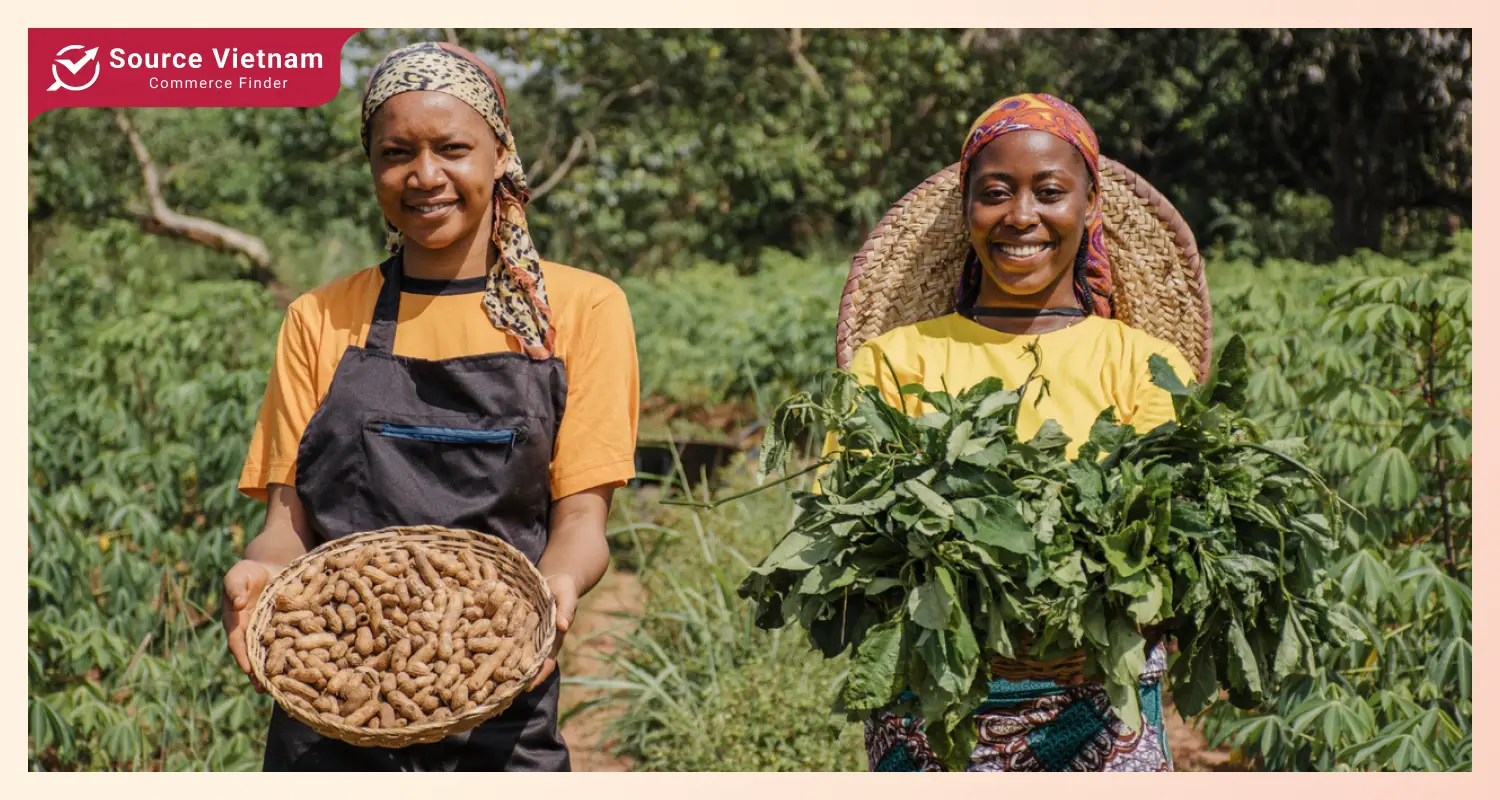
Governments across Africa have invested in infrastructure, provided agricultural subsidies, and promoted sustainable farming practices. These efforts have led to increased agricultural production, improved rural livelihoods, and greater food self-sufficiency.
By harnessing the power of agriculture, African nations are striving to create a more prosperous and resilient future for their populations.
However, despite these promising figures, Africa still imports over 100 million tons of food annually, and more than 280 million people rely on international aid. The continent faces various limitations, including underdeveloped agricultural practices, low labor productivity, and cultivation efficiency.
Achieving food self-sufficiency remains elusive due to political instability, conflicts, natural disasters, and frequent outbreaks of diseases.
A combination of challenges, including the COVID-19 pandemic and global conflicts, has led to a severe food crisis in Africa. Disrupted supply chains and insufficient agricultural production have left 20% of the continent’s population, or 280 million people, facing hunger. This urgent situation underscores the need for increased agricultural development cooperation.
The resurgence of Vietnam’s agricultural market
Vietnam’s agriculture sector has undergone a remarkable transformation over the past three decades. From a net food importer, Vietnam has emerged as the second-largest rice exporter in Southeast Asia and the 15th-largest globally.
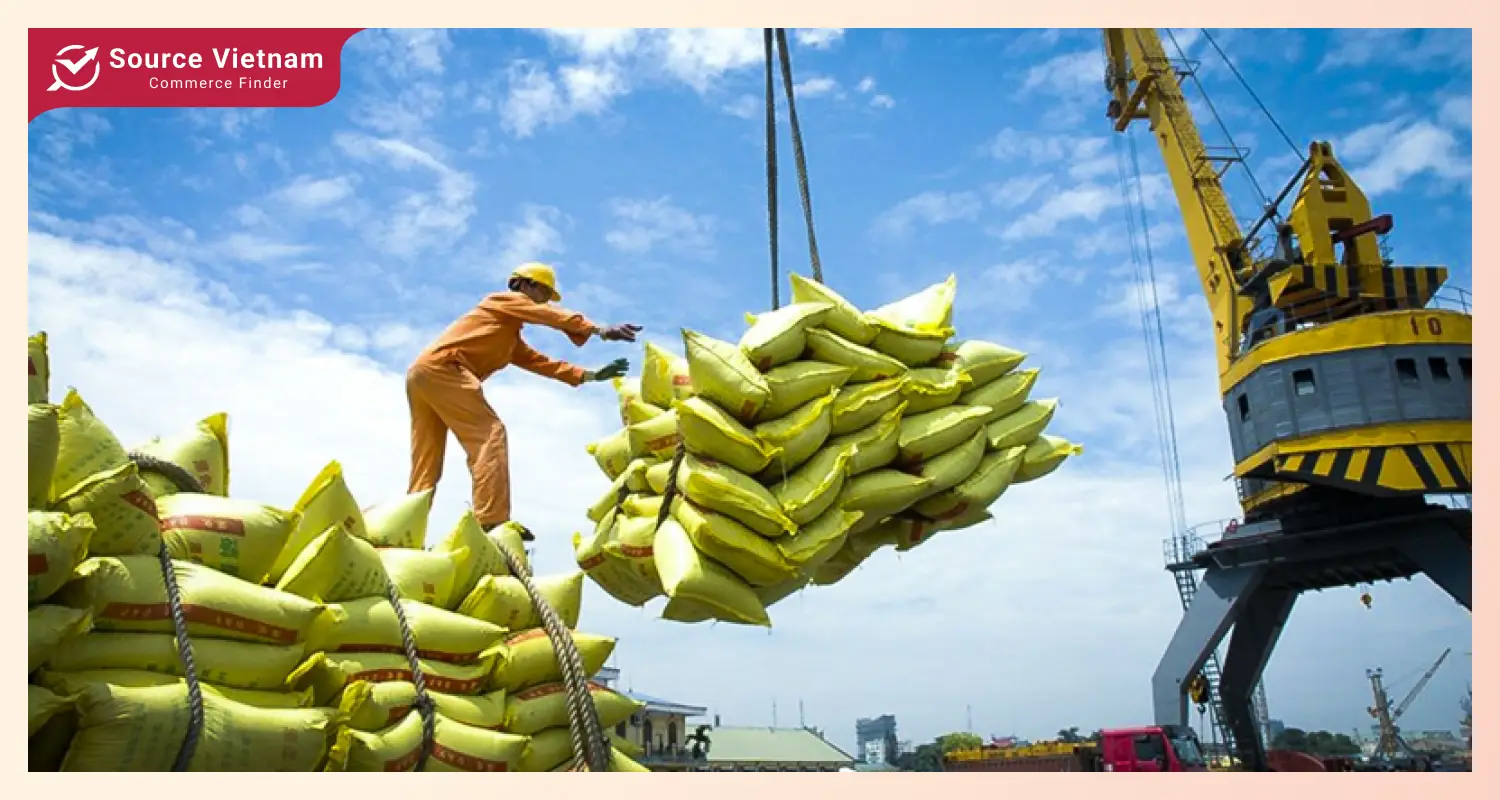
Total agricultural exports from 2016 to 2020 reached $190.5 billion, with exports in 2020 alone hitting $40 billion. Vietnamese agricultural products are now present in 196 countries and territories.
Vietnam has been prioritizing the development of a modern, smart commodity-based agriculture sector that is closely integrated with the global market and is resilient to climate change.
The country has focused on investing in agricultural infrastructure and enhancing its integration into global agricultural value chains.
Despite its advantages in agricultural cooperation with Africa, Vietnam-Africa cooperation has recently stagnated. This is due to the need for African countries to address domestic issues and prioritize other pressing matters.
Despite the pressing need to address severe food insecurity, African nations continue to seek partnerships to unlock their agricultural potential and drive agricultural transformation towards self-sufficiency. African countries are actively working to strengthen ties with Vietnam to expand successful Vietnamese agricultural models on the continent.
Vietnam-Africa diplomatic cooperation
In response to these challenges, many countries, including China, Japan, and the European Union, have intensified their agricultural cooperation efforts. Vietnam has also been actively engaged in agricultural cooperation and diplomacy in Africa.
Agriculture is more than just an economic sector; it is a cornerstone of our traditional friendship and mutual support with African nations.
Since the 1980s, Vietnam has established numerous bilateral and multilateral agricultural cooperation agreements with African countries, such as Guinea, Namibia, and Mozambique. These partnerships have involved sending experts to share knowledge in areas like intensive rice cultivation and irrigation.
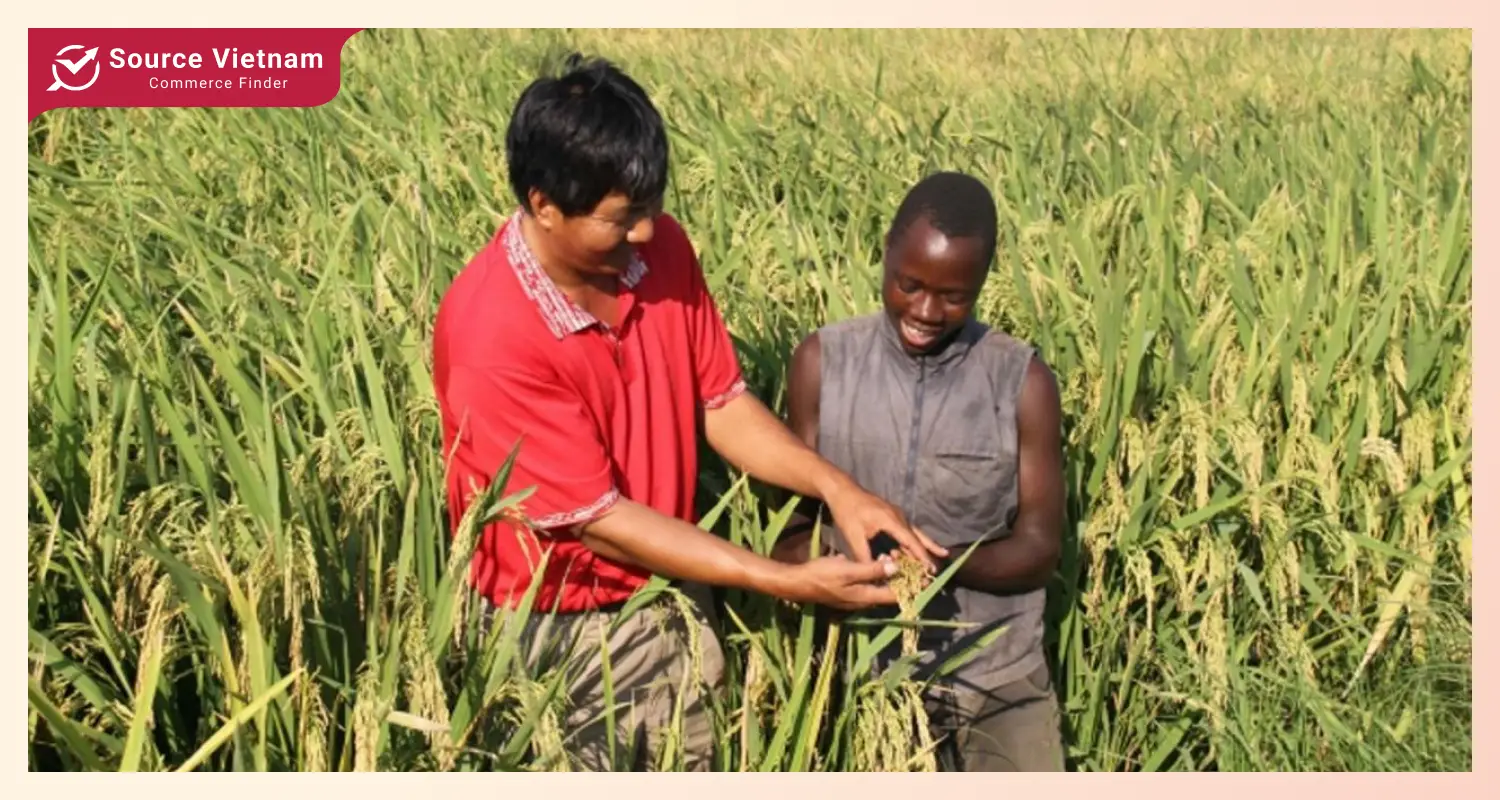
Through workshops and knowledge exchange programs, Vietnam has been working to strengthen agricultural ties with African countries and facilitate the export of commodities like rice, rubber, and coffee.
These efforts are aimed at addressing Africa’s food security challenges. Key areas of cooperation between Vietnam and Africa in the agricultural sector include:
- Technical assistance: Vietnam has provided technical assistance to African countries by sending experts to share knowledge in rice cultivation and establish efficient farming practices.
- Rice processing plant construction: Vietnam has invested in building rice mills in several African countries, boosting the value of local rice production and creating jobs.
- Human resource training: Vietnam has conducted training programs for African agricultural officials to enhance their management and production skills.
- Rice export: Vietnam has been a major rice exporter to Africa, helping to ensure food security in many African nations.
Vietnam-Africa trade has more than doubled in the last decade, surging from US$2.52 billion in 2010 to $5.5 billion in 2022. Vietnam’s agricultural exports to Africa have grown steadily, diversifying into a wider range of products.
In the first eight months of 2023, Vietnam’s exports to Africa saw significant growth, with rice exports to Senegal soaring by 3,018% in quantity and 2,214% in value, and coffee exports to South Africa increasing by 115% in quantity and 121.5% in value. Despite this progress, the full potential of the Vietnam-Africa partnership remains untapped.
This partnership is mutually beneficial, fostering goodwill and strengthening diplomatic ties. Vietnam, Africa presents a vast and growing market with significant agricultural potential. For Africa, Vietnam’s expertise and technology can contribute to improving food security and promoting sustainable development.
Some barriers and challenges
Despite the immense potential of the Vietnam-Africa agricultural partnership, both sides will undoubtedly encounter significant challenges. Financial constraints pose a major obstacle, hindering the implementation of large-scale projects and the transfer of advanced technologies.
To overcome this hurdle, trilateral cooperation with international development partners is crucial to secure additional funding and mobilize resources.
Achieving food security in Africa is a complex task that requires a multifaceted approach. Addressing financial gaps is essential, but it is equally important to leverage the full potential of the Vietnam-Africa partnership.
Vietnam’s expertise in rice production, for example, can be shared with African countries to boost food self-sufficiency.
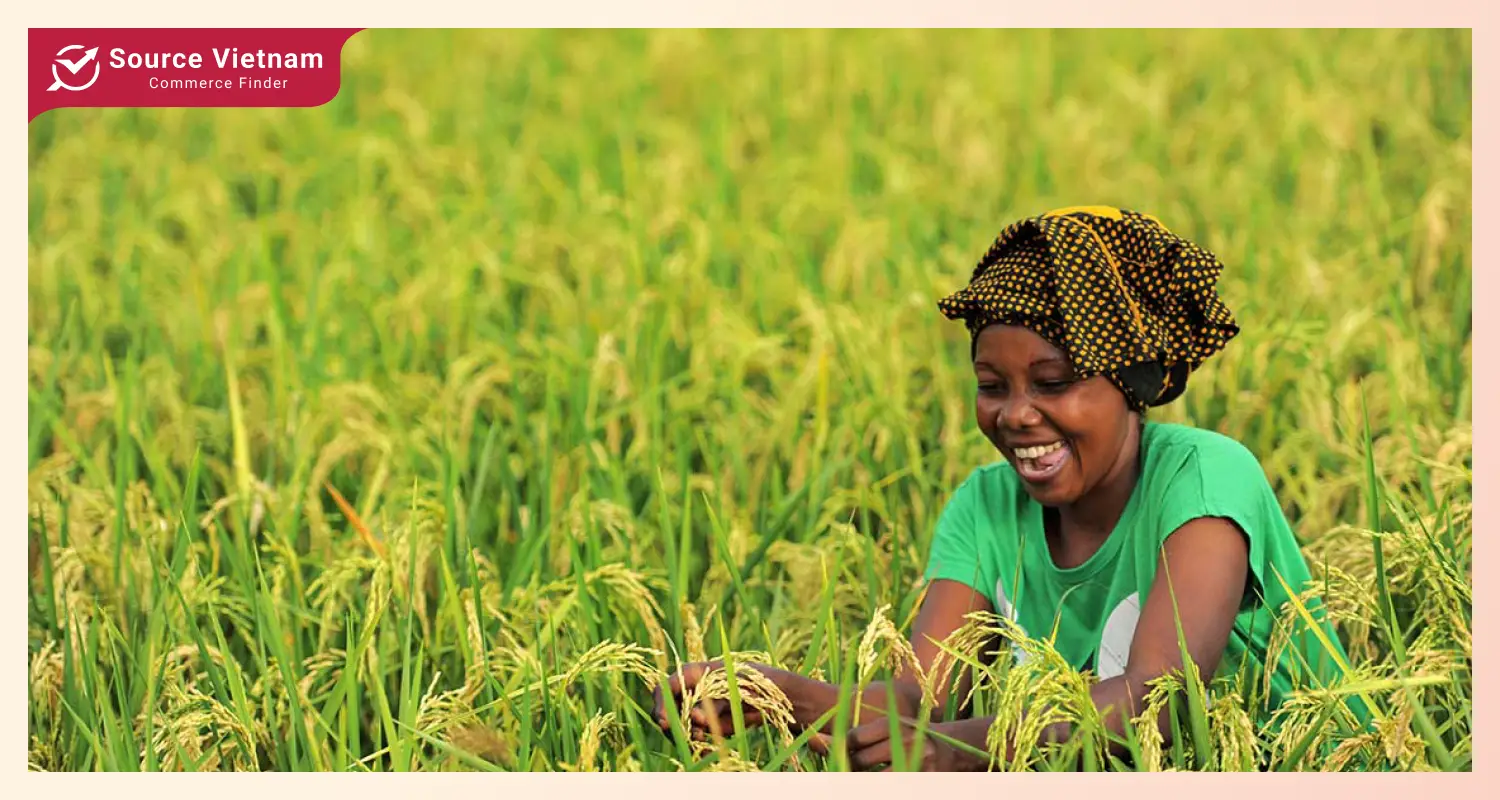
Moreover, the diversity of agricultural systems, climates, and socio-economic conditions across Africa necessitates tailored approaches. A one-size-fits-all strategy will not be effective. Understanding the specific needs and challenges of each region is crucial for designing effective interventions.
By recognizing and proactively addressing these challenges, Vietnam and Africa can build a more resilient and sustainable agricultural partnership that benefits both nations. Some of Vietnam’s challenges and potential solutions include:
- Facing stiff competition: Vietnam’s rice industry is operating in an increasingly competitive global market, necessitating continuous improvements in product quality and market diversification.
- Climate change impacts: Climate change poses significant challenges to rice production, demanding flexible and innovative solutions.
- Food security concerns: Vietnam must strike a balance between meeting export demands and ensuring domestic food security.
Key considerations for Vietnam to enhance cooperation effectiveness
To succeed in the African market, Vietnamese businesses need to pay special attention to thorough market research.
Understanding the diverse needs, preferences, and quality standards of each country will enable businesses to offer suitable products and services that meet consumer expectations.
Additionally, building a broad information network and strengthening exchanges with businesses, organizations, and government agencies on both sides will facilitate cooperation and the search for new business opportunities.
Participating in international fairs and exhibitions is also a crucial channel for promoting Vietnam’s image and products, contributing to enhancing the position of Vietnamese goods in the African market.
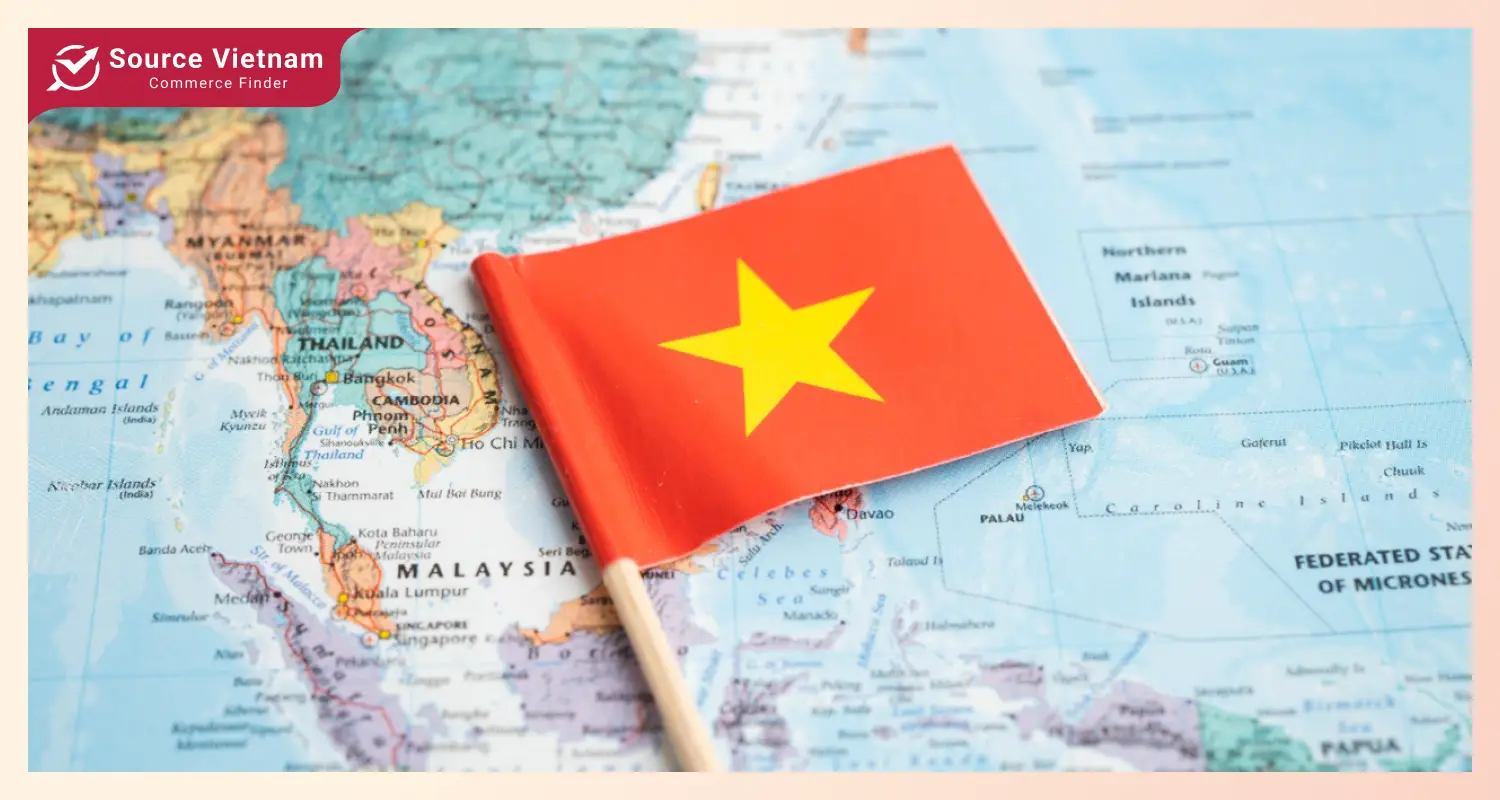
To enhance the position of Vietnamese products in the international market, businesses need to continuously innovate and improve. Strictly applying international standards not only ensures quality and food safety but also helps products gain the trust of global consumers.
Moreover, investing in modern technology will increase productivity, improve quality, and enhance production efficiency, contributing to building a strong national brand.
Connecting Vietnamese businesses with African partners not only opens up opportunities for business cooperation but also contributes to the sustainable development of both regions.
In addition, encouraging non-governmental organizations to participate extensively in cooperative activities will create a solid support network, helping projects to be implemented effectively and bring practical benefits to the community.
Vietnam should focus on training agricultural experts and engineers who are equipped to work in and adapt to the conditions of Africa. Additionally, supporting student and research exchange programs will foster collaboration between universities and research institutions in both countries, thereby building a solid foundation for long-term cooperation.
Conclusion
Despite the challenges and complexities inherent in international partnerships, the potential for collaboration between Vietnam and Africa is undeniably vast. Our two regions share a common desire for economic growth, food security, and sustainable development. By leveraging our respective strengths and addressing the obstacles head-on, we can forge a mutually beneficial relationship that unlocks new opportunities for both nations.


